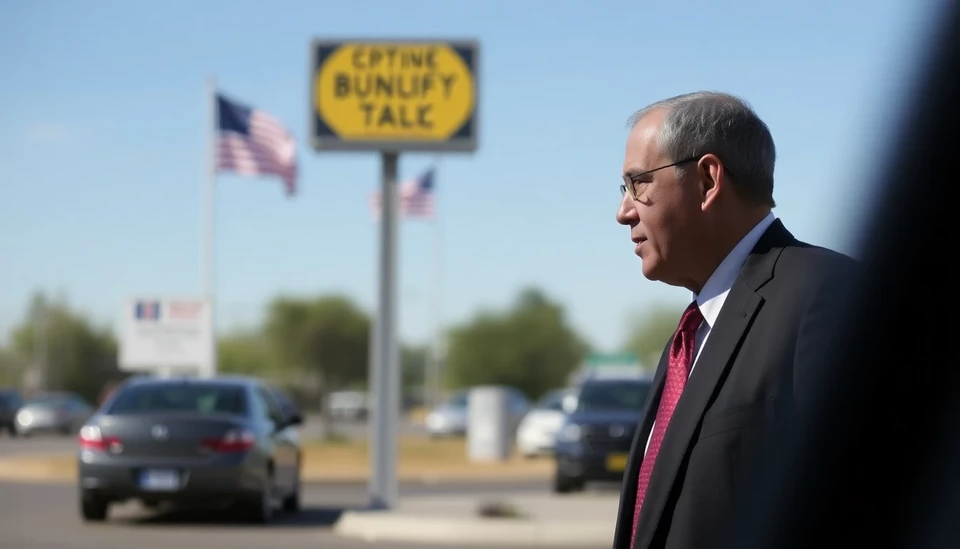
In a significant move that could reshape the landscape of U.S. automotive regulations, the newly appointed Transportation Secretary has ordered a comprehensive rewrite of the current fuel economy standards. This initiative aims to modernize guidelines that determine the environmental impact and economic efficiency of vehicles on American roads, amid growing concerns about climate change and energy conservation.
The Secretary’s directive comes at a time when the automotive industry is already undergoing profound transformations, including a shift toward electric vehicles (EVs) and hybrid technology. This rewrite is seen as an essential step in establishing more rigorous standards that would compel manufacturers to enhance their fuel efficiency and reduce emissions across their fleets.
Representatives from the Transportation Department expressed that the revisions would take public input into account, signaling a commitment to transparency and community involvement in regulatory processes. By engaging with consumers, environmental groups, and automobile manufacturers, the Department hopes to construct a forward-thinking policy that reflects the current state of technology and public sentiment on sustainability.
Industry analysts posit that the changes could have far-reaching implications for car manufacturers, especially as they balance consumer demand for high-performance vehicles with the pressing need to adopt cleaner technologies. As traditional internal combustion engines face heightened scrutiny, automakers may need to accelerate their investments in electric and hybrid technologies to comply with the new standards.
The Transportation Secretary emphasized the necessity of a more aggressive approach to emissions reduction, signaling that the Biden administration remains steadfast in its commitment to addressing climate change. This strategy is aligned with the wider goals of creating a sustainable transportation infrastructure that prioritizes both environmental stewardship and public health.
As debates around fuel efficiency and environmental responsibility gain traction, stakeholders across the automotive sector are advised to prepare for upcoming challenges. The updates to the fuel economy rule are anticipated to provoke discussions about the overall direction of U.S. transportation policy, as well as its impact on consumer choices and the economy.
In conclusion, the future of U.S. fuel economy standards could be markedly different following the rewrite directed by the new Transportation Chief. With an eye on innovation and sustainability, the administration aims to set benchmarks that not only foster economic growth but also promote a greener future for generations to come.
As the proposal unfolds, all eyes will be on how the industry adapts to these changes, ultimately shaping the next chapter of American transportation.
<#>Transportation #FuelEconomy #ElectricVehicles #ClimateChange #Sustainability #AutomotiveIndustry #BidenAdministration #Regulations #EnvironmentalStewardship
Author: Victoria Adams




